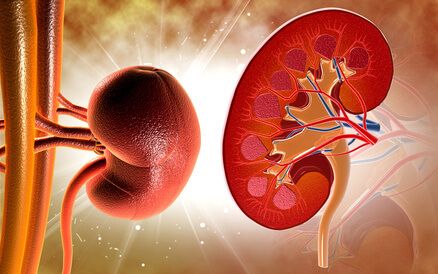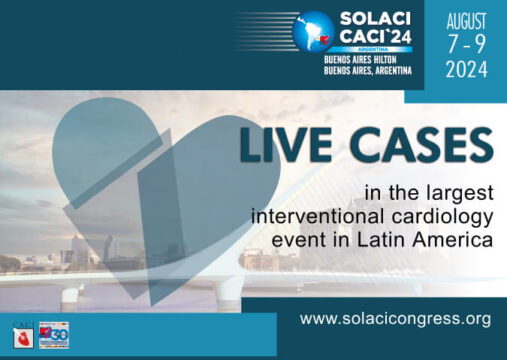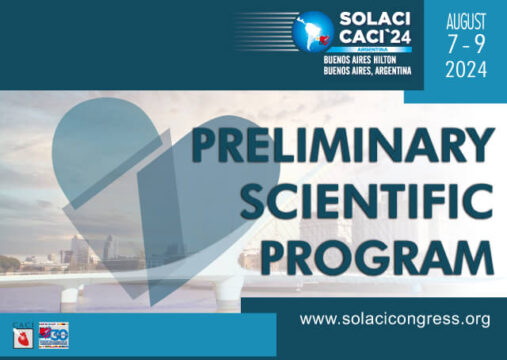The empirical prescription of anticoagulants after percutaneous coronary intervention (PCI), also know as post-procedural anticoagulation (PPA), is nowadays a common practice that uses various types of medications. Despite studies like HORIZONS-AMI and EUROMAX, in which 41% of patients received PPA, and the CCC-ACS registry, where 75% of subjects received PPA after primary PCI, European and American guidelines do not provide recommendations regarding PPA in patients with ST-segment elevation myocardial infarction (STEMI) undergoing the aforementioned procedure.

The purpose of this randomized, multicenter study was to demonstrate the superiority of PPA (using unfractionated heparin, enoxaparin, or bivalirudin) compared with a placebo in preventing ischemic events during the 30 days following randomization.
The primary endpoint (PEP) was a composite of all-cause death, non-fatal acute myocardial infarction, non-fatal stroke, stent thrombosis, or urgent revascularization at 30 days. The secondary endpoint (SEP) was BARC 3 to 5 bleeding at 30 days.
In total, 2989 patients were randomized, with 1494 assigned to the PPA group and 1495 to the placebo group. The average age was 60 years, and most patients were men. Transradial access was the most frequent access method. The most frequently affected artery was the left anterior descending artery, followed by the right coronary artery. Approximately 65% of patients had multi-vessel disease.
Read also: ESC 2023 | OCTOBER TRIAL: Should We Begin to Consider OCT for Bifurcation Lesions?
Regarding the PEP, there were no significant differences between the PPA group and the placebo group (hazard ratio [HR]: 1.0; 95% confidence interval [CI]: 0.63-1.57; P = 0.988). There were also no differences between the two groups in terms of the SEP (HR: 0.74; 95% CI: 0.30-1.83; P = 0.511).
Conclusion
Routine use of PPA after primary PCI is safe but did not demonstrate an improvement in ischemic events at 30 days. Results from this study suggest that there are no significant differences between anticoagulant agents in preventing ischemic events, although additional studies are needed to confirm this result.

Dr. Andrés Rodríguez.
Member of the Editorial Board of SOLACI.org.
Original Title: Post-procedural anticoagulation after primary percutaneous coronary intervention for ST-segment elevation myocardial infarction: a multicentre, randomised, double-blind trial.
Reference: Shaoping Nie, M.D., Ph.D., FESC, FACC, FSCAI et al.
Subscribe to our weekly newsletter
Get the latest scientific articles on interventional cardiology





